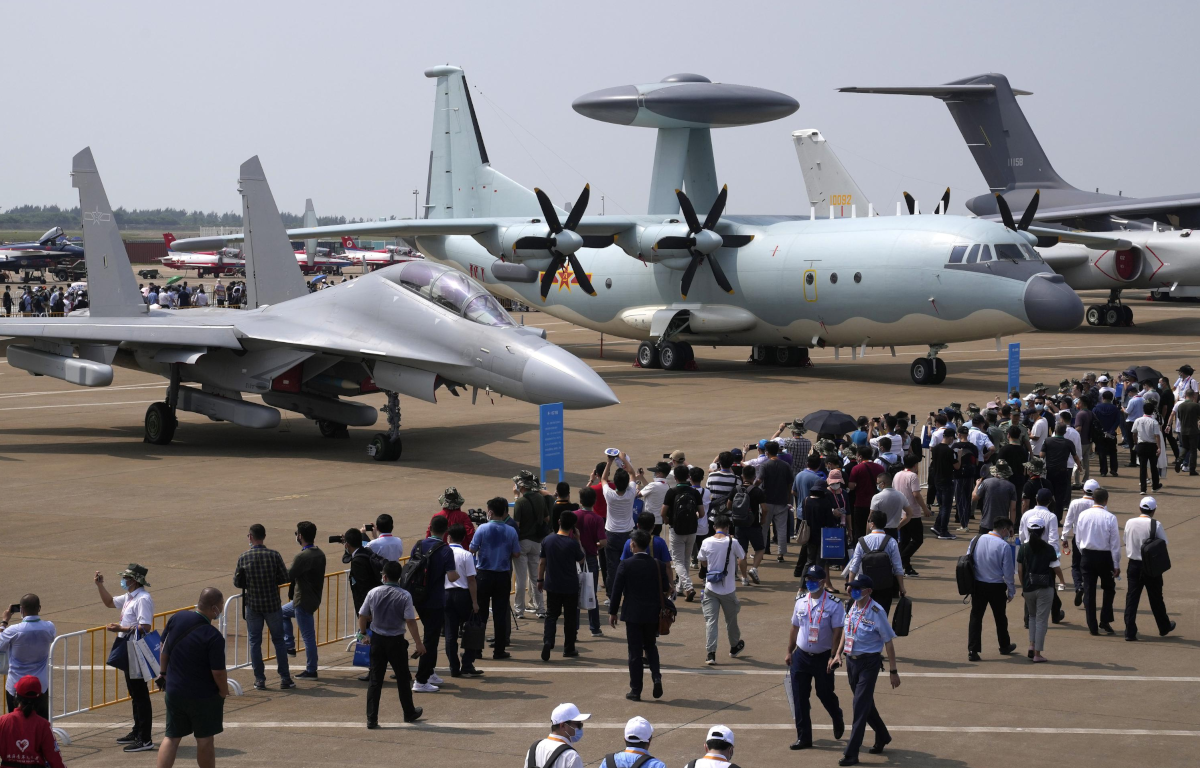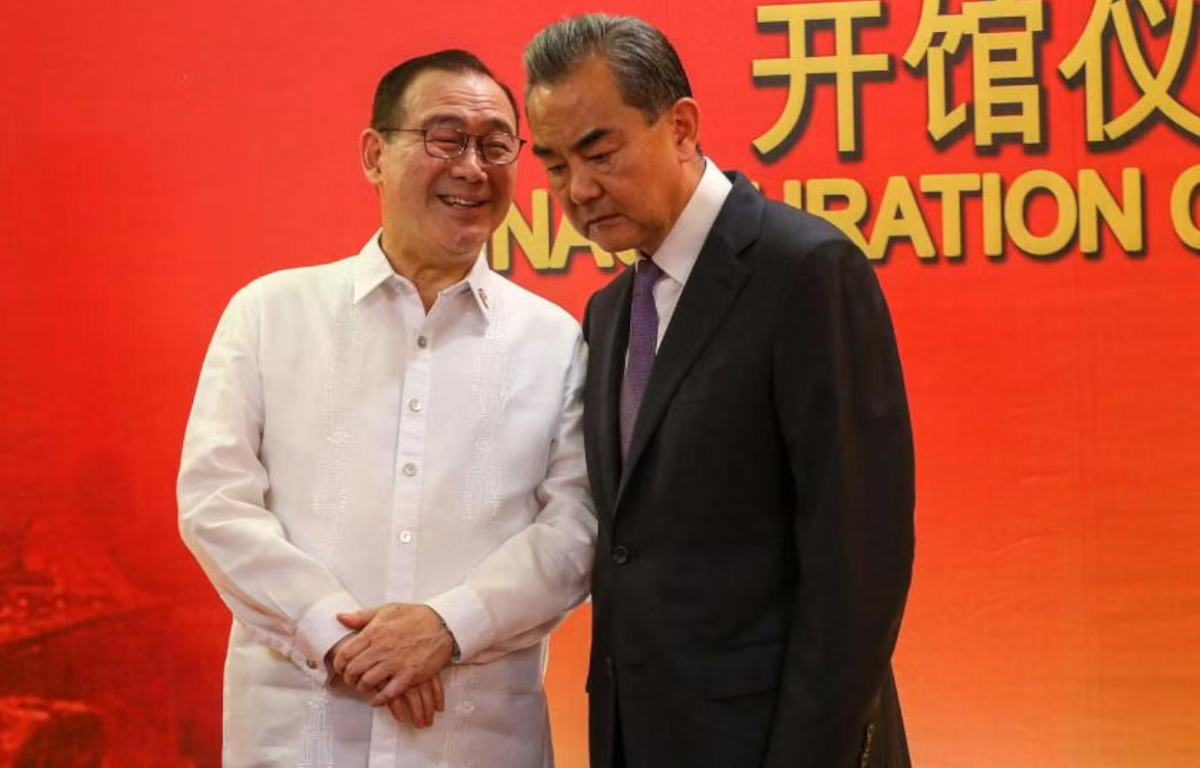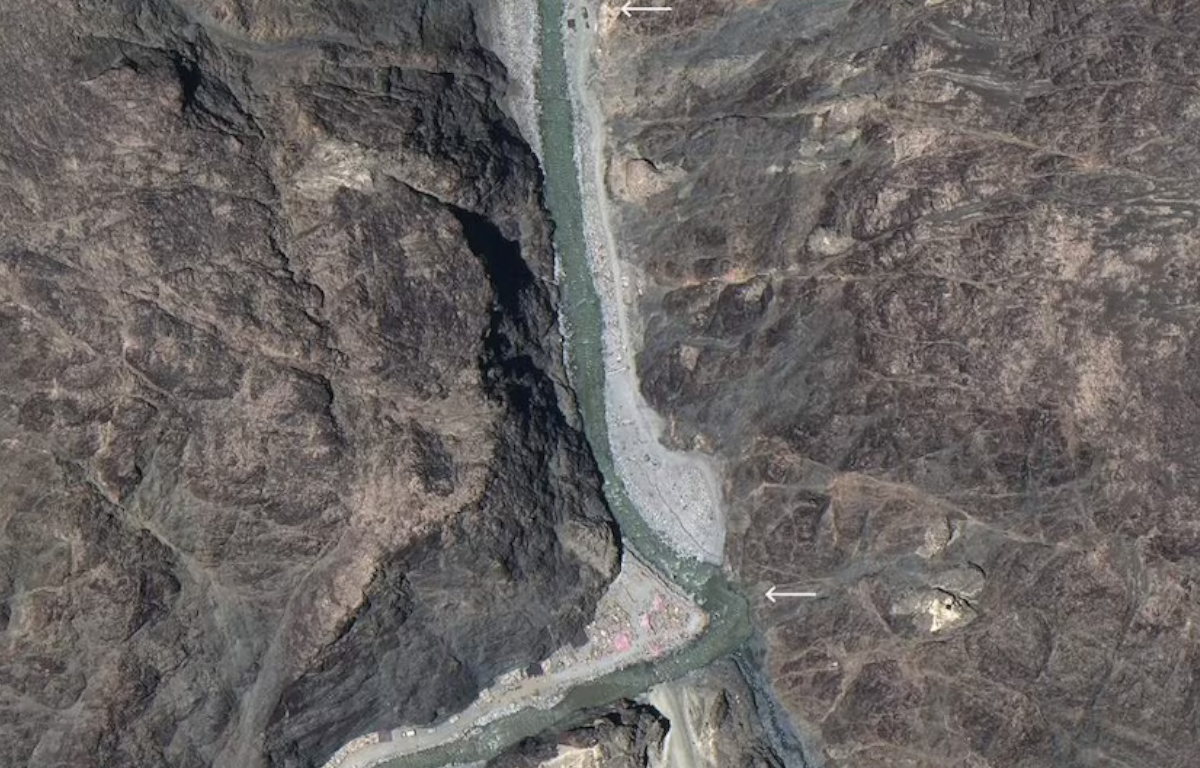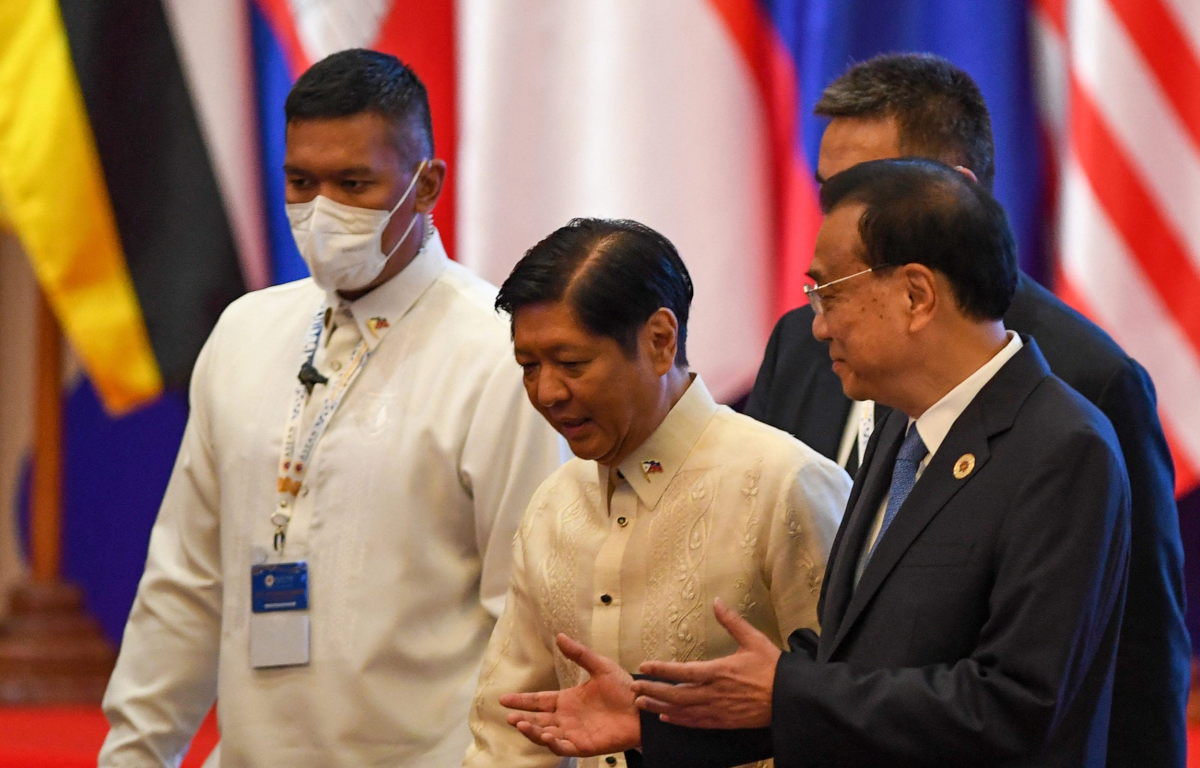
This achievement marks a milestone in India’s defense capabilities and underscores its position as a key player in global security dynamics.
The newly developed missile system, capable of firing multiple nuclear warheads, places India in the company of nations like the United States, France, and Britain, which possess similar sophisticated missile technologies. This advancement signifies India’s progress in enhancing its deterrence capabilities and reinforces its commitment to maintaining a credible defense posture.
The deployment of missiles with multiple nuclear warheads offers several strategic advantages. Firstly, it enhances the effectiveness of India’s nuclear deterrent by allowing for simultaneous strikes on multiple targets, thereby increasing the complexity and unpredictability of potential adversaries’ defensive measures.
Secondly, it underscores India’s adherence to a doctrine of credible minimum deterrence, wherein the country maintains a sufficient and survivable nuclear arsenal to deter potential threats without engaging in an arms race or adopting an aggressive posture.
Furthermore, India’s achievement in developing and deploying such advanced missile technology reflects its indigenous defense manufacturing capabilities and scientific prowess. This accomplishment is a testament to the dedication and expertise of India’s defense research and development community.
From a geopolitical perspective, India’s entry into the group of nations with multiple nuclear warhead-capable missiles has implications for regional and global security dynamics. It reaffirms India’s status as a responsible nuclear power that prioritizes deterrence and strategic stability while upholding international non-proliferation norms.
However, it is essential to note that with technological advancements come increased responsibilities and the need for transparency. India must continue to engage constructively with the international community, uphold its commitments to nuclear disarmament and non-proliferation, and maintain open channels of communication to prevent misunderstandings or miscalculations.










Share this: